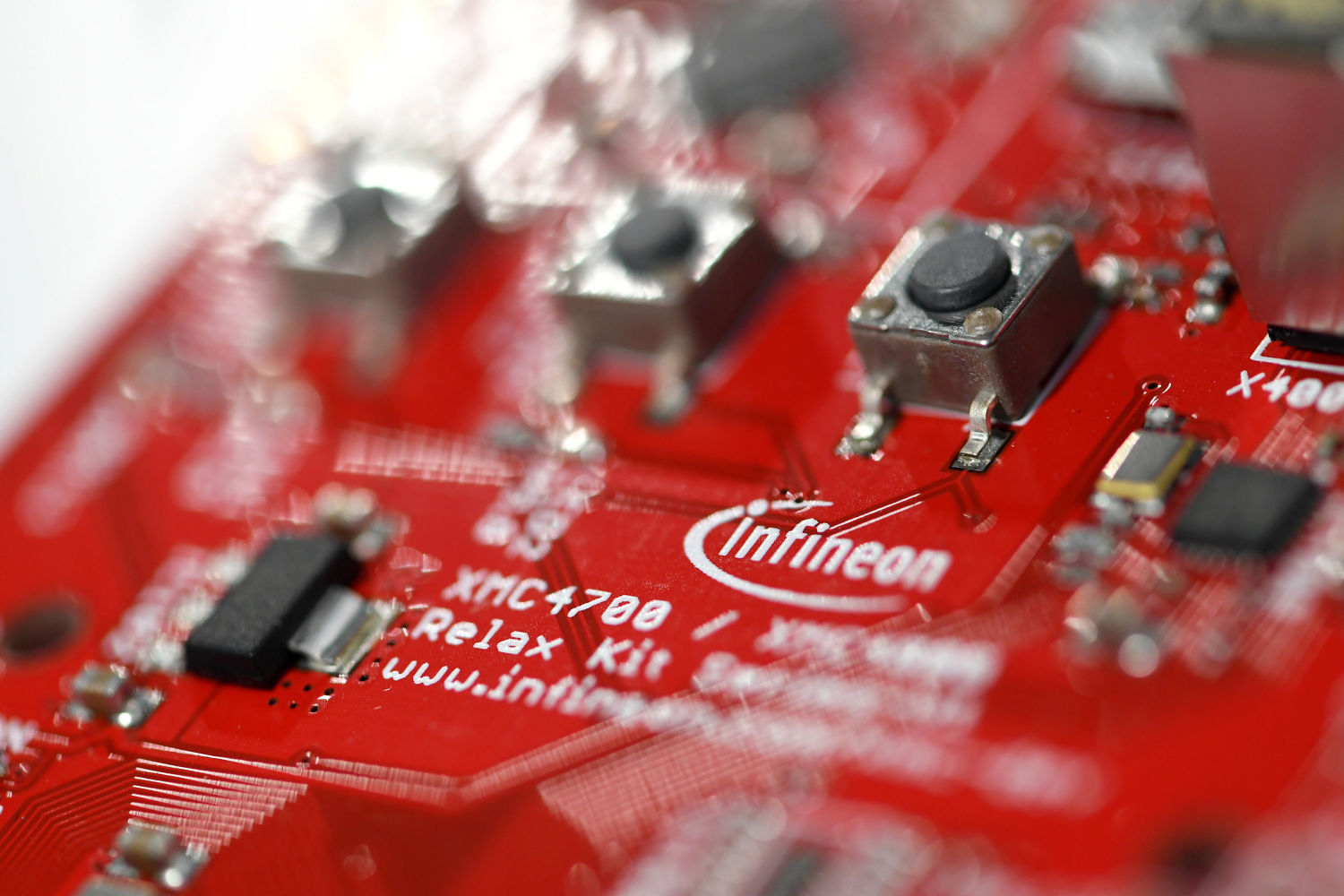Taiwan has pledged again to pull out all the stops to help solve the worldwide semiconductors shortage but says the supply bottleneck is not just on the island but in Southeast Asia as well, particularly Malaysia.
Taipei’s Economy Minister Wang Mei-hua said Malaysia, a hub for semiconductor packaging, has suffered a series of Covid-induced factory shutdowns and restoring its production capacity should be a focus too.
Taiwan, as a major chip producer, has been front and centre of efforts to resolve the shortage, which has idled auto plants around the world but speaking late on Thursday, Wang said that Taiwan alone could not sort out the problem because the supply chain is so complex.
Also on AF: China Hikes 2021 Rare Earth Quotas By 20% to Record Highs
“The bottleneck in fact is in Southeast Asia, especially Malaysia, because for a while the factories were all shut down,” she said.
The problem was especially acute with auto chip packaging, with companies in Malaysia providing services not offered by Taiwanese firms, Wang added.
“Now the focus is on Malaysia resuming production as soon as possible. I know that Malaysia started to restore production capacity in early September, and now the production capacity has returned to about 80%, so if their capacity can slowly come back, this problem can be slowly dealt with.”
Malaysia is home to suppliers and factories serving semiconductor makers such as Europe’s STMicroelectronics and Infineon, as well as major carmakers including Toyota Motor Corp and Ford Motor Co.
Malaysia Semiconductor Industry Association president Wong Siew Hai said that Malaysia’s major computer chip manufacturers are already running at full capacity to supply the auto industry.
CAPACITY VERSUS DEMAND
“For the automotive chips, they are doing their best to ship as much as possible, but the current capacity cannot meet demand because it’s too huge, the build-up is a lot,” he said. “Everything is at 100% to satisfy the demand for automotive parts. Where they can increase productivity, they’re already doing so.”
But adding capacity would take time, with most available only next year, Wong said.
Malaysia accounts for 13% of global chip packaging and testing, and 7% of the world’s semiconductor trade passes through the country, with some value added at local factories and chips getting combined with other parts before final shipment.
The White House pressed automakers, chip companies and others last month to provide information on the semiconductor crisis.
Speaking to reporters on Friday, Wang reiterated that the United States was not targeting Taiwanese firms and the move was voluntary, while Washington assured Taipei that no sensitive information would be leaked.
- Reuters with additional editing by Sean O’Meara
























